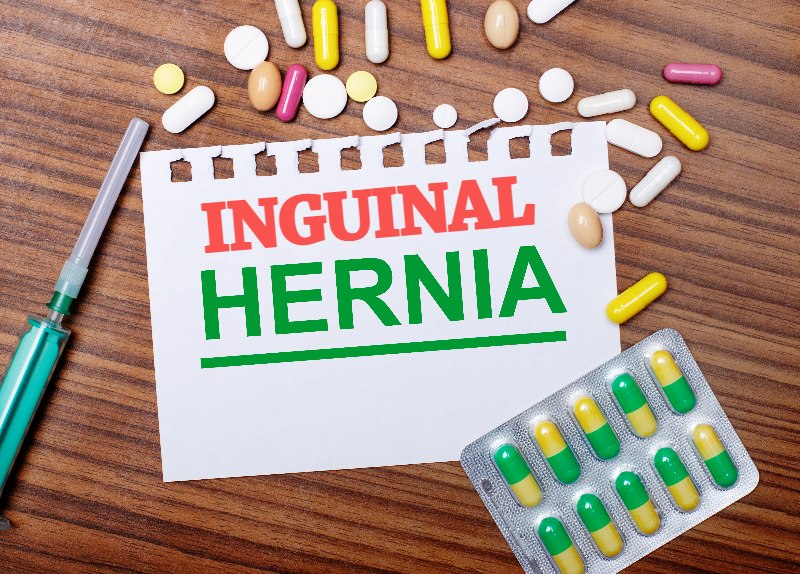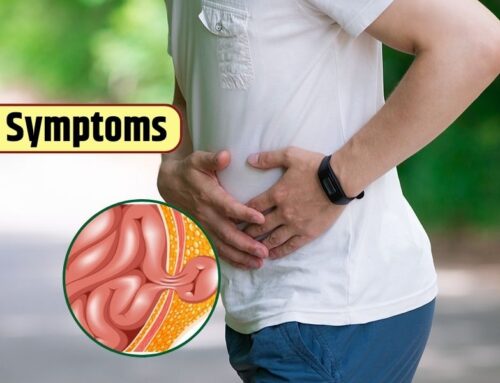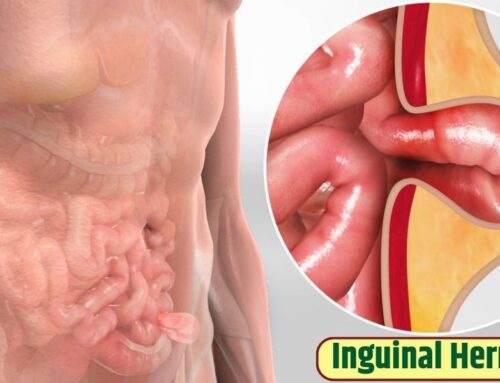
An inguinal hernia refers to a part of the intestine or membrane that lines the abdominal cavity. The latter is the space that holds organs such as kidneys, stomach, liver, and small intestine. It pokes through any weak spot in the abdominal muscles near the groin.
Causes of Inguinal Hernia
Some of the risk factors and causes of inguinal hernia are as follows.
- Chronic constipation.
- Premature birth.
- Birth as a male.
- Having an inguinal hernia prior.
- Being obese or overweight.
- Cystic fibrosis.
- Chronic cough.
Symptoms of Inguinal Hernia
Few symptoms of inguinal hernia are listed below.
- Pressure or weakness in the groin.
- Dragging or heavy sensation in the groin.
- Aching or burning sensation around the bulge.
- Swelling and pain in the testicles when the intestine protrudes and descends into your scrotum.
- Discomfort and pain in the groin during lifting, coughing and bending.
- A bulge on each side of the pubic bone becomes more prominent when you stand straight. You will notice it especially at the time of straining or coughing.
Types of Inguinal Hernia
- Strangulated inguinal hernia
- Incarcerated inguinal hernia
- Direct inguinal hernia
- Indirect inguinal hernia
Treatment of Inguinal Hernia
-
Open hernia repair:-
In this surgical procedure, a cut or incision is made in the patient’s groin. The surgeon’s role is to push back the hernia and secure the abdominal wall with stitches. Open hernia repair requires local anesthesia.
-
Laparoscopic or minimally invasive hernia repair:-
Laparoscopic hernia repair is minimally invasive where the surgeon makes small cuts in the low abdomen. Later, they insert a laparoscope with a small camera. With these instruments, the surgeon operates on the hernia.
-
Robotic hernia repair:-
Robotic surgery makes use of a laparoscope. It is performed with small incisions along with a camera.
Conclusion
You can contact Dr. Abhijit Gotkhinde if you are suffering from any of the aforementioned symptoms at Ultra Care Clinic. His location is at Pune.



